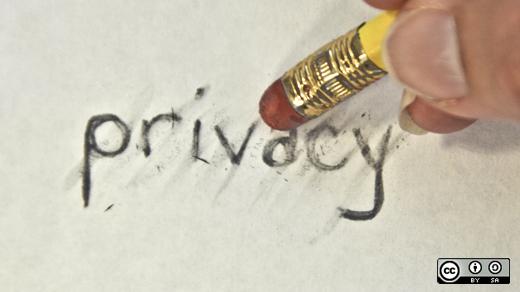Resume, Cover Letter… and Facebook Password?
Comments: 0 - Date: March 27th, 2012 - Categories: Uncategorized
BY: RYAN WEISSER
Every college student knows that future job employers are going to Google you. So, some of those drunken pictures on Facebook might be a bad idea.
But now, some employers are not just seeing what turns up on the search engine, but have actually asked interviewees for extremely personal information — passwords to social media accounts.
“I’ve always known that employers will look up my Facebook profile or see what I’m tweeting about,” said Matthew Plum, a 20-year-old junior from Gainesville, Va. studying Business Management at George Mason University, “but I would never ever expect them to want or even need my password to my accounts. That’s just a complete violation of my privacy.”
Not only is it a violation of privacy, but according to Facebook’s “Terms of Use” under “Safety,” it is breaking a committment to not share login information or log in to someone else’s account.
“I’ve heard that a few states, like Maryland, are even taking legal action to make sure that employers cannot do this anymore” said Sarah Al-Hage, a 21-year-old senior from Woodbridge, Va. studying Communication.
And with the stress of a depressed job market on many college students’ shoulders, students are feeling as though they are given an ultimatum: to give up their personal information or give up a job.
“It’s so scary and it’s totally unfair for an employer to do that,” said Lorrin Massengill, a 20-year-old senior from Gloucester, Va. studying Mineralogy and Geology. “It’s ridiculously hard to even find an unpaid internship, let alone a job, so I think it’s completely unethical to put people in that sort of situation where they have to choose between their privacy and a job.”
Also, many students use the same password for multiple accounts. One password could give someone access to a Facebook profile, blog, e-mail and even a bank account.
“If a future employer were to ever ask me for my passwords, I would leave. Plain and simple,” Massengill continued. “I’m not going to give someone I don’t know or who holds that much power over me something like my passwords. It’s just way too risky and it shows that they don’t have any trust in their employees.”

Search
Archives
Categories
Blogroll